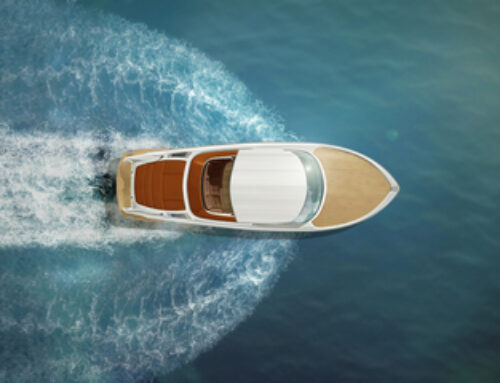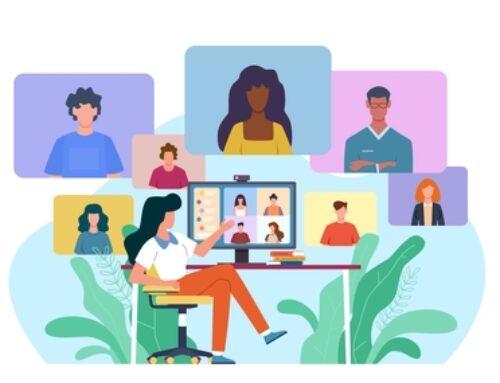Marine industry copes with coronavirus
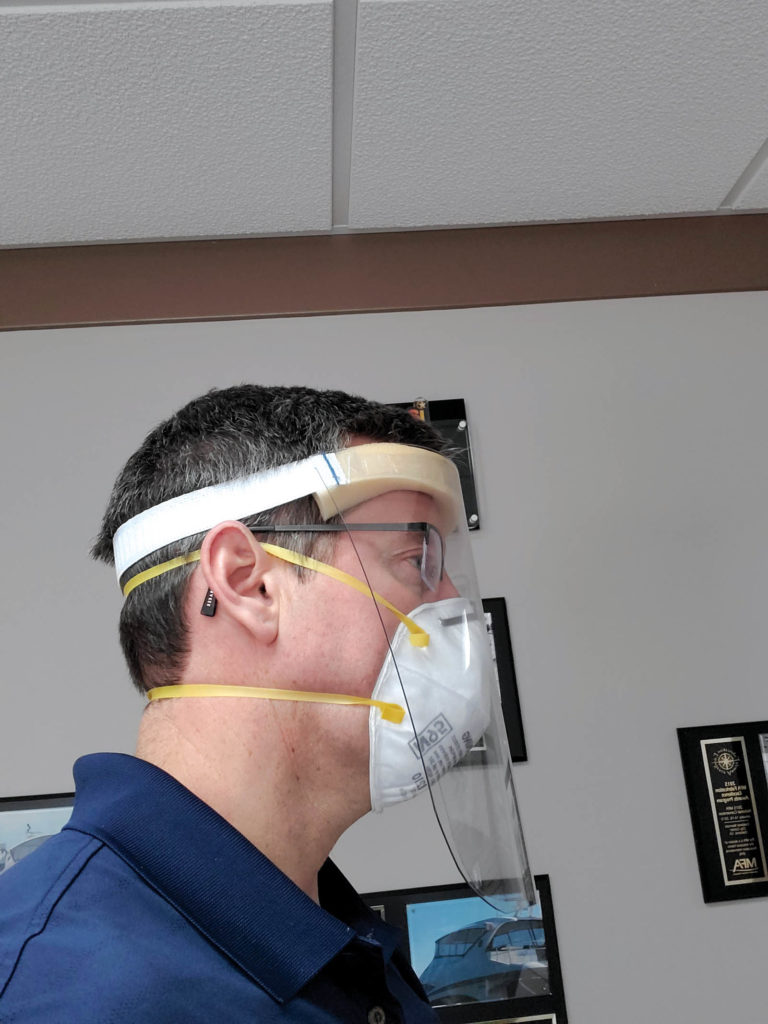
Along with disinfecting, employee social distancing and observing shelter-in-place orders, many marine companies are responding to the coronavirus pandemic by shifting production from boat covers to face masks and shields.
Mike Peterson, president of SugarHouse Industries, Salt Lake City, Utah, said in an article in The Salt Lake Tribune that his company retrofitted its factory floor in mid-March so its 50 employees could start mass producing face shields.
“We’re trying to use what we know—our processes and our materials—to make a product that is in high demand right now.”
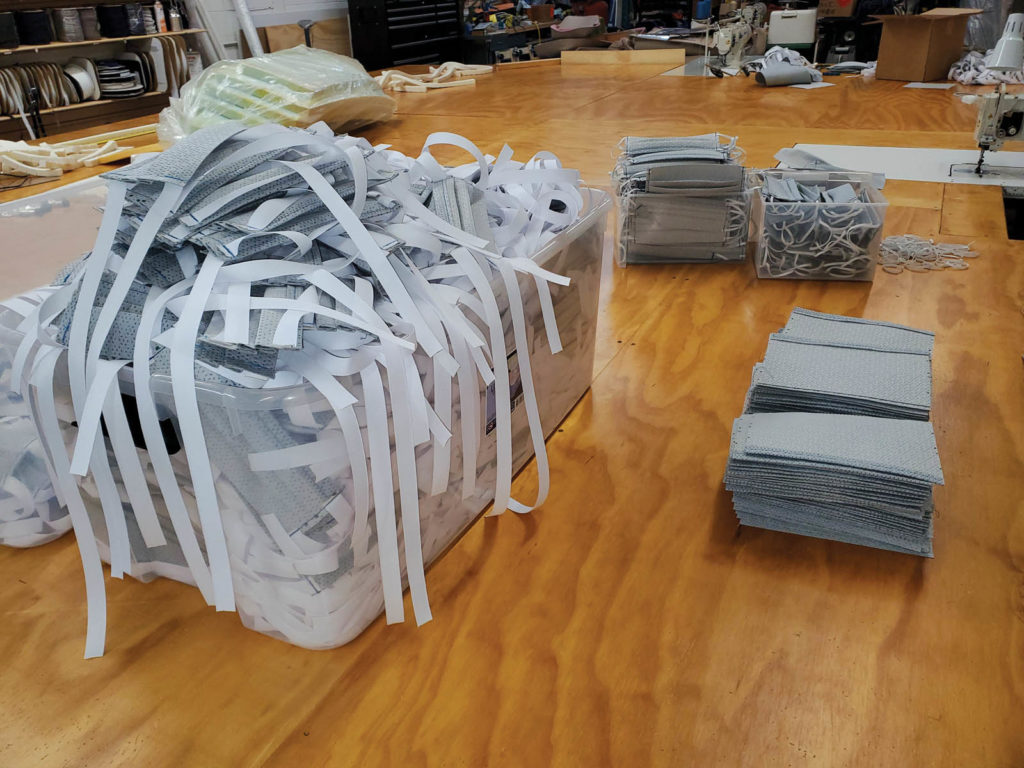
The shields are being made from marine-grade clear vinyl, black upholstery foam, elastic and snaps. The company is also making reusable face masks using waterproof canvas lined with flannel to be used as a protective cover over the N95 masks health-care workers use.
The face shields are being sold for about $4 each to cover supplies and labor. Peterson says the company was motivated by a desire to help and to keep its employees working at a time when many of its regular boating customers have been canceling or putting off orders because of the pandemic.
The same is true for Jeff Newkirk, MFC, owner of Precision Custom Canvas Inc., St. Catharines, Ontario, Canada. Newkirk pivoted his marine shop to produce nonmedical-grade face masks, face shields and barrier curtains aimed at secondary markets such as pharmacies, grocery stores and nursing homes.
Newkirk says that like many in the marine industry, he jumped on this opportunity to help his community, to keep his employees working and to keep his shop afloat.
“Let’s face it, the economy has tanked and we work on people’s toys. The phone is not ringing for new jobs. We see a lean summer going into fall. I see this opportunity to make PPE as a community service and also as an opportunity to produce income. We’re being ethical by charging a fair margin and it will enable us to weather the upcoming economic storm.”
When marinas and nonessential businesses were shut down in Michigan, Rob Kotowski, Lake Shore Boat Top Co., St. Clair Shores, had no choice but to lay off 12 employees.
“Worst day of my life. These people are like family to me. With our state contract, we have five employees working right now, and we are hoping each day to be able to bring more back.”
Kotowski’s shop was awarded a state contract to produce medical safety shields and surgical masks and is doing mass production cutting for other companies producing PPE. He says the future is uncertain and he anticipates financial struggles ahead.
“There are a lot of unknowns, and I think that is the most fearful thing we all face.”
Marine suppliers are challenged, but most have found ways to continue to do business and support fabricators. “Trivantage is working closely with fabricators to provide them with the proper types of materials that are needed for these emergency PPE products,” says Keith Purves, MFC, account rep at Trivantage LLC.
And not all marine companies are feeling a slowdown. Charlene Clark, IFM, co-owner of Signature CanvasMakers in Hampton, Va., says while they are producing some PPE products, they are still conducting marine business in a relatively normal fashion while ensuring that employees remain safe.
“But we are certainly concerned about the long-term implications of this pandemic and are taking steps to ensure that we will be able to keep our business operating and liquid.”
Katie Bradford, MFC, owner of Custom Marine Canvas, Noank, Conn., says her shop is still “hammering away” at marine jobs and the phone is still ringing.
“We had work booked into July when this started, and work is still coming in. We distance our customers, we have a webbing strap across the foot of the stairs, people call from there, there are forms for them to fill out, and they leave their things there.”
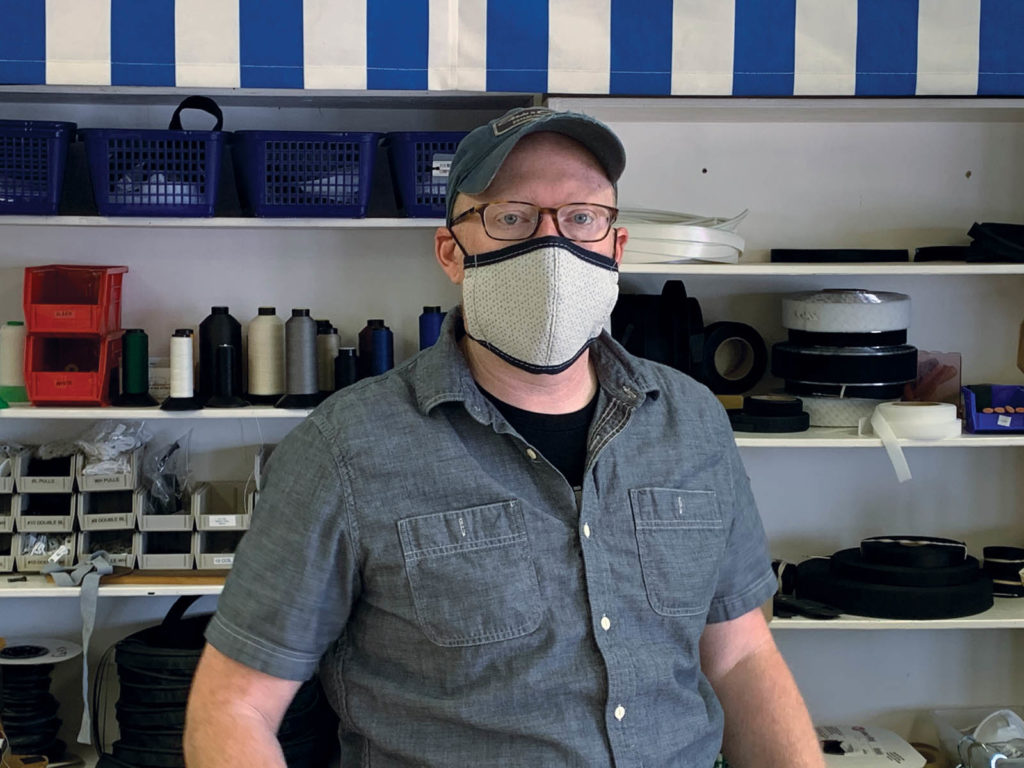
IFAI Covid-19 Resource Center
To help marine businesses navigate the COVID-19/Coronavirus pandemic, IFAI has developed the COVID-19 Resource Center, which is updated frequently with developments affecting the virus and the textile industry. The Resource Center includes relevant information on financing options for small businesses, textile industry news, government and agency information, IFAI member updates and product and equipment news. Visit the COVID-19 Resource Center at www.ifai.com/covid-19.
 TEXTILES.ORG
TEXTILES.ORG 


